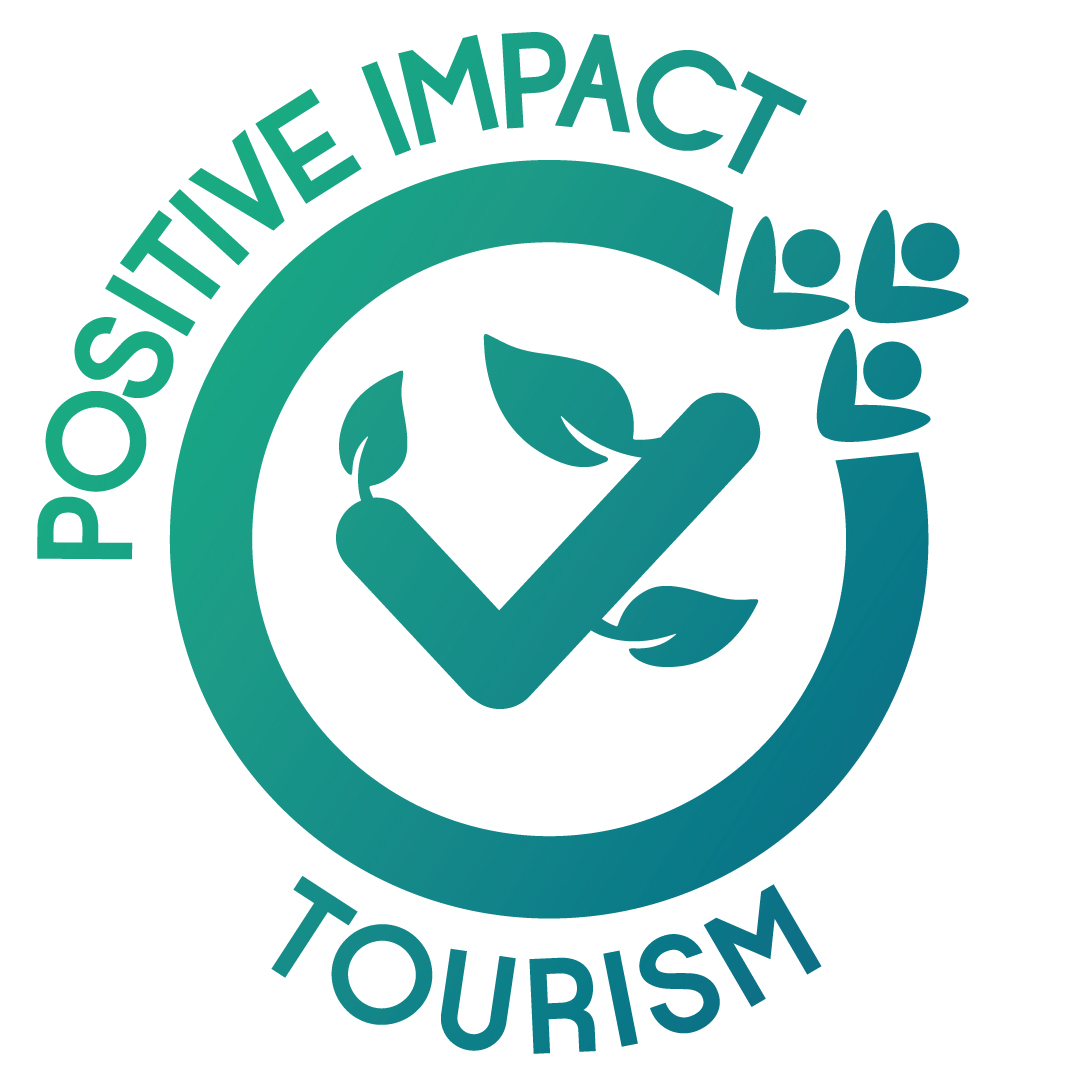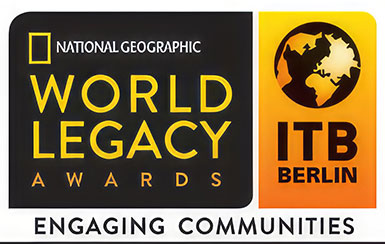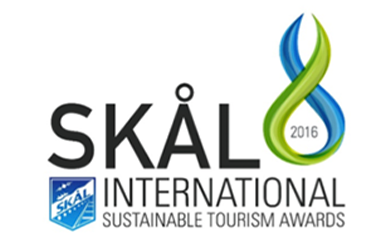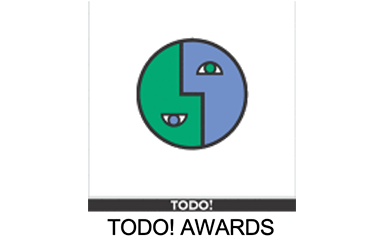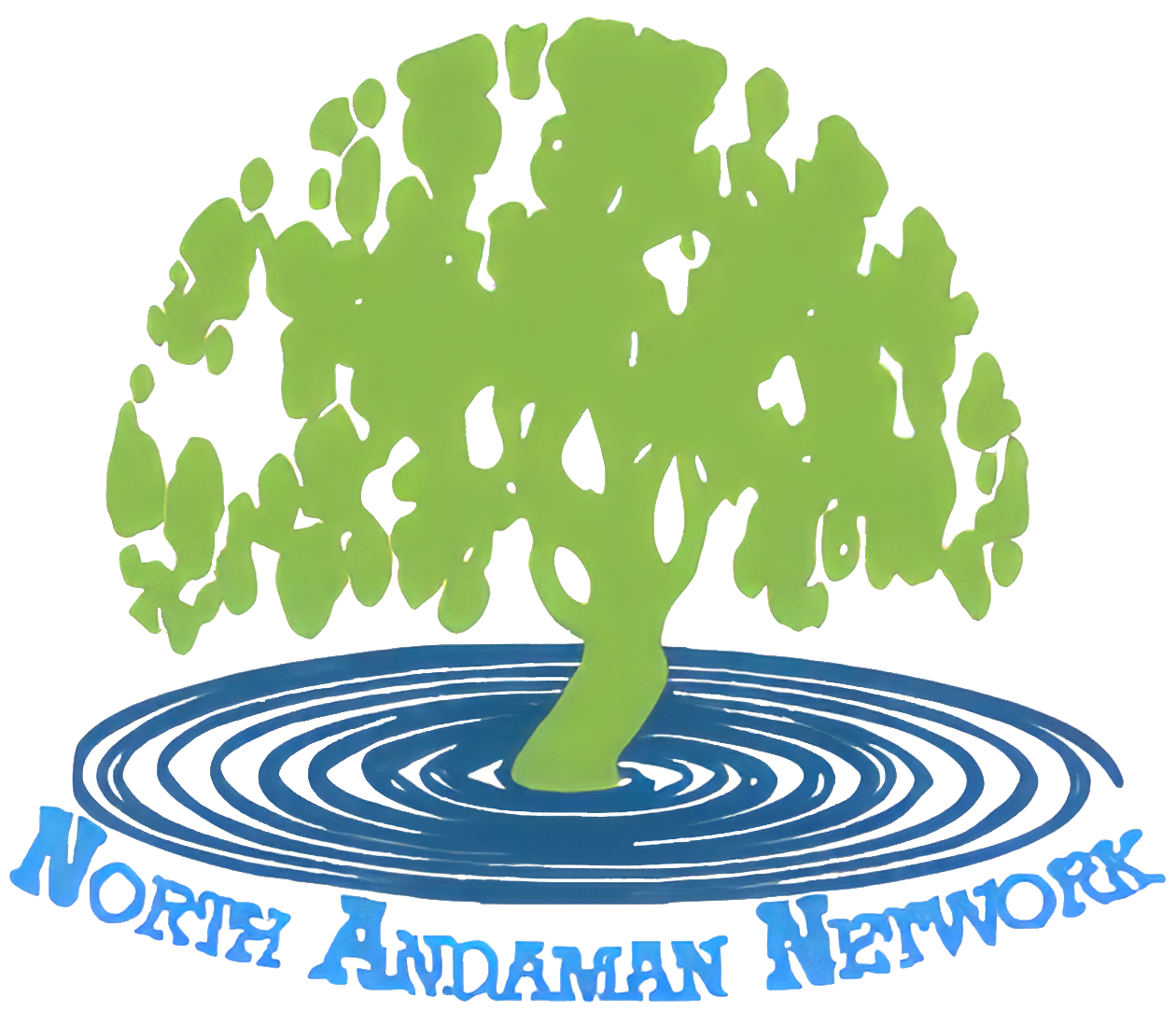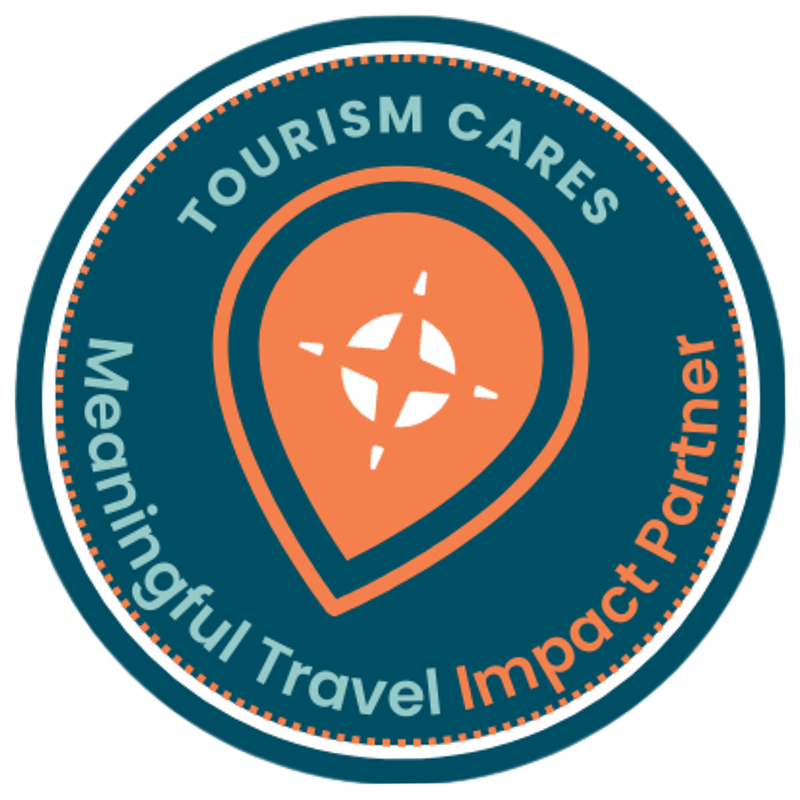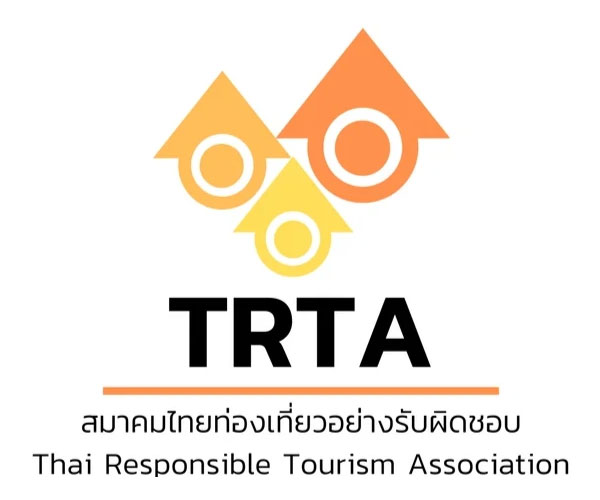Fragile Earth
Getting back to sustainable agriculture
 Monoculture farming is transforming the landscape of rural Thailand. As part of our growing community tourism network, a number of our village partners recently visited northern Thailand, where they learned about the all-too-common shortcomings of monoculture.
Monoculture farming is transforming the landscape of rural Thailand. As part of our growing community tourism network, a number of our village partners recently visited northern Thailand, where they learned about the all-too-common shortcomings of monoculture.
The group heard a poignant story from Sud, a small-scale plantation-owner who used to farm cassava root (most famously used in tapioca). For years he struggled to make a livable wage, strained by the high costs of industrial fertilizer and seeds required to sustain this nutrient-intensive crop. After a drought wiped out his crop, he lost everything. Fortunately, training from a local NGO helped redirect his agricultural skills, and he now manages a local community organic farming group. Sud and his group demonstrated how to use bio-fertilizer and employ various organic farming techniques.
The week-long study trip was packed with informative seminars about how to manage sustainable livelihoods and healthy ecosystems. Participants learned about coastal ecosystems, eco-tourism, organic farming, natural resource management, community welfare, and management of foundations and government. The trip provided an opportunity for participants to see models from other communities in the Kuraburi area all the way up to sites in northern Thailand.
Director Tui Chomphrusi represented Andaman Discoveries at the study trip. She remembers a particularly moving and universally-resonant remark from Anan Duangkaewrueng, a former government official turned activist in Chiang Mai: “The answer is not from government, the answer is from community.”



